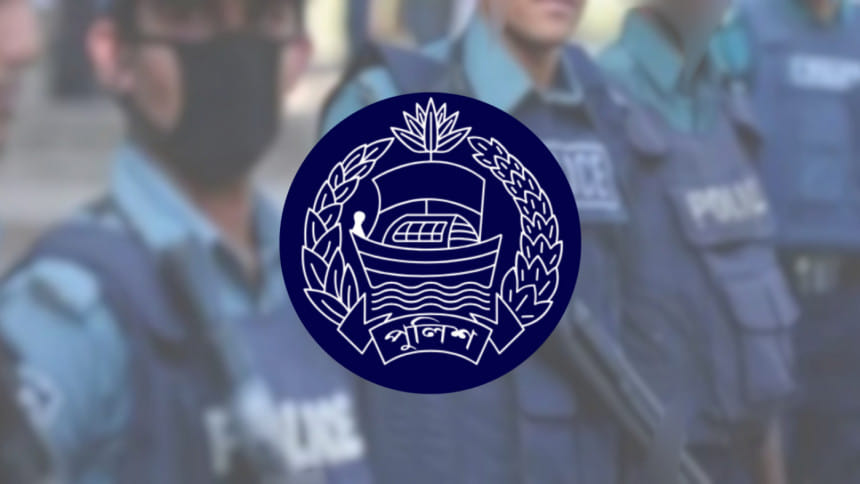Fate of 62 ASPs: Who’s calling the shots?

The stage was all set. The Bangladesh Police Academy at Sardah was decked up for the year's highlight. Another batch of assistant superintendents was about to pass out. Many of the guests and dignitaries had already arrived in Rajshahi the evening before. They would watch 62 ASPs — all BCS recruits — march in their passing-out parade.
Home Adviser Lt Gen (retd) Jahangir Alam Chowdhury was scheduled to inspect the parade, as the chief guest, and set off the ceremony. He would have the police chief Md Mainul Islam with him, along with senior government officials. The day's ceremonies would conclude with probationary postings for the ASPs.
However, the parade was suspended for "unavoidable circumstances" the night before it was scheduled. The organisers did not offer any explanation for the sudden decision. Nor did the home adviser provide any clear explanation.
Jahangir only managed to say, "It has already been explained … stay well," when reporters asked him why the parade had been postponed during a press conference at the Rajshahi Metropolitan Police Headquarters on the day of the parade.
It was, however, evident that the home adviser was unaware of the imminent suspension, as were the organisers. Otherwise, the invitations would not have been sent and guests like the home adviser would not have made the trip.
What emerged as a probable reason was a Facebook post by Salauddin Ammar, a coordinator of the Anti-Discrimination Student Movement's Rajshahi University (RU) unit. Also invited to the parade, Salauddin alleged in his post on October 19 that all 62 assistant police supers had been recruited during the Awami League regime. Thus, he rejected the invitation.
Subsequently, Ammar welcomed the move to postpone the function and told this newspaper that deserving candidates should be appointed to these positions.
Sources in the police told this newspaper that a background check would be conducted on the 62 ASPs to determine their affiliations with the Awami League.
Although Sardah Principal Masudur Rahman insisted that the parade had not been postponed for any "political" reasons but "at the direction of higher authorities", the sequence of events provides grounds for scepticism.
This batch of ASPs had been through an extensive screening process that included several rounds of competitive exams that began six years ago. This was followed by a year of intense training. Now, their fate hangs in the balance.
The sudden postponement, which must have surprised many, exposes a glaring lack of coordination within the home ministry and its agencies. It raises questions about who are making such decisions at the ministry, which is also responsible for the country's law and order. Are these decisions being made in isolation, without proper consultation? And if so, what are the underlying causes of this disconnect?
As the key official, the adviser's lack of prior knowledge indicates a clear absence of communication between the home ministry and law enforcement agencies. It also suggests that crucial decisions may be made without adequate consultation. This not only undermines the adviser's authority but also points to larger issues.
People have high hopes about the police because of reformative measures being taken by the interim government after one and a half decades of the force's politicisation and use as a tool of suppression. Now, a lack of coordination between the authorities will frustrate the public and the police.
If capable officers feel their career prospects depend more on political patronage than their merit, the police risk losing some of their brightest minds.

 For all latest news, follow The Daily Star's Google News channel.
For all latest news, follow The Daily Star's Google News channel. 





Comments